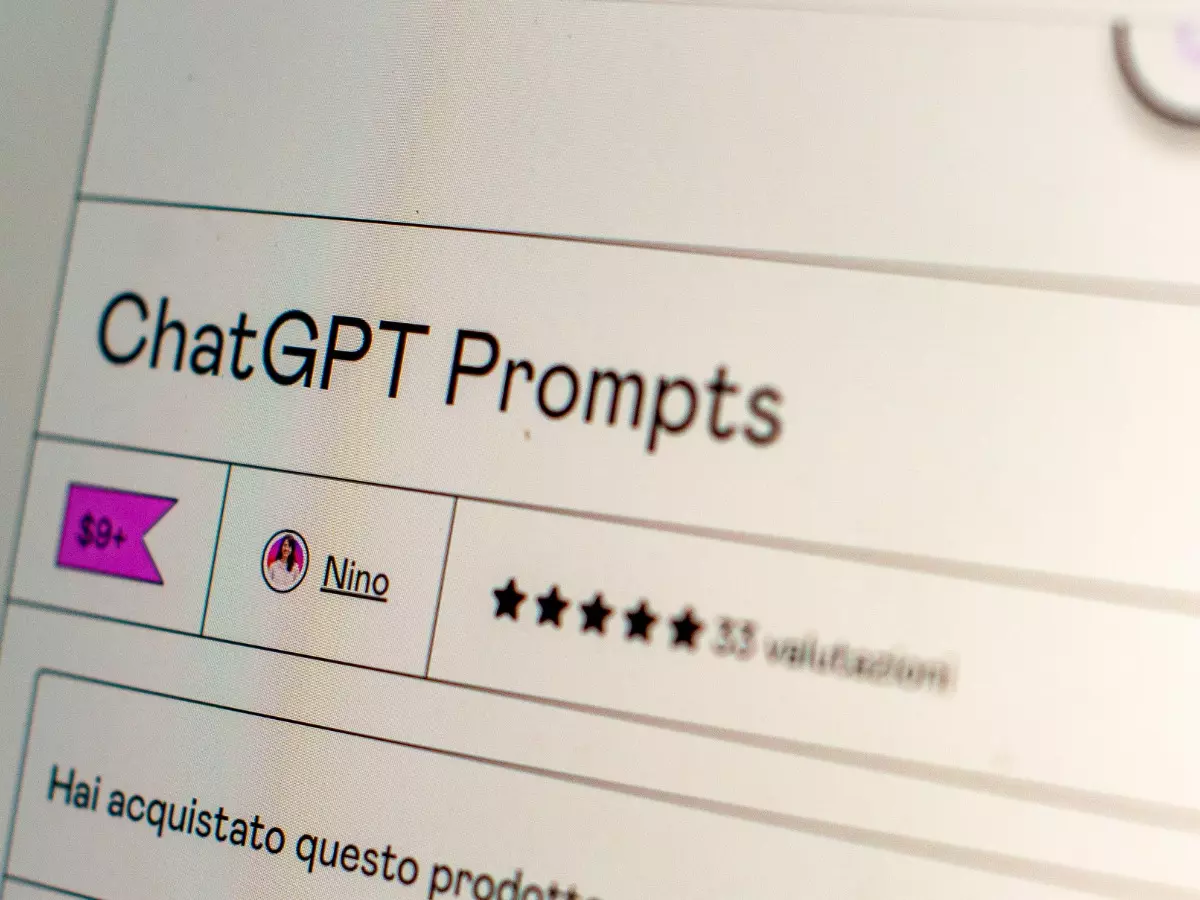Stanford Researchers Create Cheap AI Model That Beat ChatGPT At Its Own Game
The Stanford team's impressive language model that was built with just $600 is based on Meta's open-source LLaMA (Large Language Model Meta AI) 7B language model - a relatively cheap and small model.

Building an AI bot like ChatGPT is an expensive task and requires large amounts of data sets that need to be processed to add accuracy and speed to the model. However, a Stanford research team has created a tool that performs just like ChatGPT, but only cost $600 (?49,606) to build. Alpaca AI was developed on an open-source language model, highlighting how easily AI tools can be replicated.
 Unsplash
Unsplash
When ChatGPT was released, it disrupted the internet, forcing companies like Google and Meta into action to develop similar tools. However, OpenAI, the company behind ChatGPT upped its game by recently releasing GPT-4, an even-smarter and more accurate version of its earlier large language model GPT-3.5.
Creating a cheaper ChatGPT that is as good
The Stanford team's impressive language model that was built with just $600 is based on Meta's open-source LLaMA (Large Language Model Meta AI) 7B language model - a relatively cheap and small model.
Alpaca AI was pre-trained on a trillion "tokens" - implying that it can perform a series of tasks, but still cannot deliver the way ChatGPT does, all thanks to OpenAI's robust post-training - also enabled by its wide adoption.
Once the LLaMA 7B model was functional, Stanford researched asked ChatGPT to consider 175 conversations between itself and human counterparts to generate more in the same style - 20 at a time. All this was supported by OpenAI's APIs, allowing the team to use 52,000 sample conversations in post-training. The generation of this bulk data cost less than $500.
Also read: You Can Integrate ChatGPT Bot With Siri On Your iPhone And iPad: Here's How
Then, this data was fine-tuned on eight 80-GB A100 cloud processing computers, costing less than $100. And voila! Alpaca AI was born just like that.
 Stanford
Stanford
The researchers tested Alpaca against ChatGPT and found that it won 90 of the tests while ChatGPT won 89. "We were quite surprised by this result given the small model size and the modest amount of instruction-following data," the team wrote.
"Besides leveraging this static evaluation set, we have also been testing the Alpaca model interactively, and found that Alpaca often behaves similarly to text-davinci-003 [GPT-3.5] on a diverse set of inputs. We acknowledge that our evaluation may be limited in scale and diversity."
Also read: GitHub Kit Lets Users Integrate ChatGPT Into Their WhatsApp Account: Here's How
 Unsplash
Unsplash
All code for Alpaca is available on GitHub and the team claims that they could've done this with even lesser money had they optimised the process. But this forces us to ask a pertinent question - could anyone now build a language model? And the answer is increasingly leaning towards "yes." Just yesterday, OpenAI CEO Sam Altman explained why he was scared of AI and why regulations are the need of the hour.
What do you think about the unprecedented development of AI? Let us know in the comments below. For more in the world of technology and science, keep reading Indiatimes.com.
